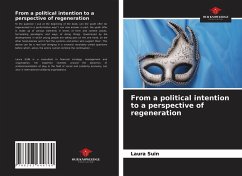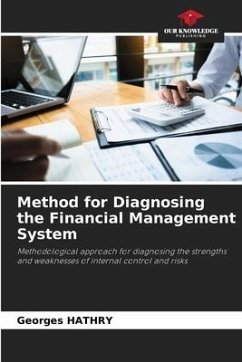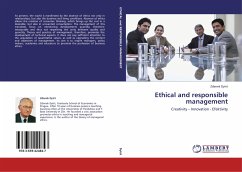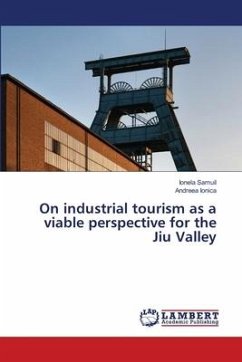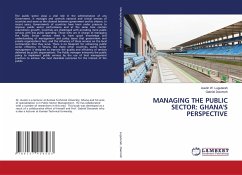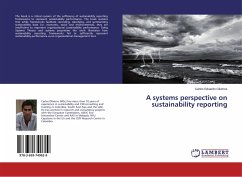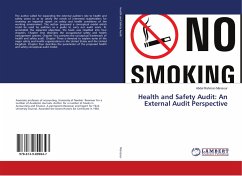
Ethical Perspective of the Financial Systems Audit Management
Theoretical construct on Financial Systems Audit Management in Venezuelan public banks
Versandkostenfrei!
Versandfertig in 6-10 Tagen
45,99 €
inkl. MwSt.

PAYBACK Punkte
23 °P sammeln!
The purpose of the research is to present the product of the theoretical construct to understand the Financial Systems Audit Management within the Venezuelan public banks from the ethical perspective. The ethical behavior in the daily life of the public official who exercises managerial responsibilities at the internal control level in the country's financial institutions was evaluated. The methodological process was based on the qualitative paradigm, where the understanding and construction of the experience was established through questions and interpretations of the researcher with the acto...
The purpose of the research is to present the product of the theoretical construct to understand the Financial Systems Audit Management within the Venezuelan public banks from the ethical perspective. The ethical behavior in the daily life of the public official who exercises managerial responsibilities at the internal control level in the country's financial institutions was evaluated. The methodological process was based on the qualitative paradigm, where the understanding and construction of the experience was established through questions and interpretations of the researcher with the actors from their daily life, constructing the method from the hermeneutic phenomenological perspective, resorting to the application of documentation techniques, in-depth interview and observation for the capture of data that were codified and categorized. The results generated the theoretical constructs that emerged directly from the data provided by the key informants. All this in order to consolidate the process of theorization that finally led to consider that ethics in public management is an instrument for the fight against corruption.




